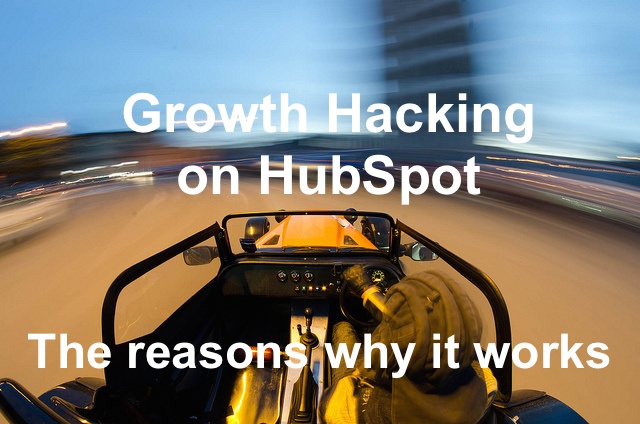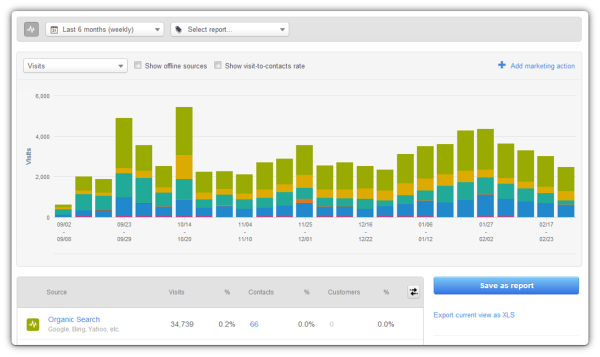
This article explains the concepts of growth hacking and shows how to use the Hubspot infrastructure to successfully implement it.
Marketers can reduce costs of traditional marketing and increase its impact in the same time by focusing on growth hacking and strong content. These concepts are particularly helpful to startups that do not have huge budgets to build brand awareness. Some of the biggest social networks such as Facebook, Twitter and LinkedIn were built on growth hacking.
Definition of Growth Hacking
Term "growth hacking" was introduced in 2010 when it was coined by blogger Sean Ellis. He defined it as a person whose true north is growth as a result of focusing on scalable growth. Andrew Chen expanded upon the discussion in his blog that explained how a growth hacker takes on the role of a marketing executive. He described a growth hacker as a hybrid between a marketer and a coder.
Growth hacking is a technique used by marketers that allows startups to gain exposure and leads from a mix of creativity, analytical thinking and social media analytics. Some of the components of this process include SEO, content marketing, A/B testing and analytics. Growth hackers ask how to get customers for their products and find out through A/B testing, which attempts to discover the strongest variables of a marketing campaign. They also look to maximize landing pages, viral potential, email possibilities and the use of Open Graph.
Why Startups Need Growth Hacking
The two biggest marketing weaknesses of many startups, as pointed out by Fast Company, are the lack of budget and traditional marketing background. By approaching marketing with an emphasis on innovation, scalability and user connectivity, a growth hacker can sidestep the traditional costs of raising awareness about a product. The goal of the product design is to build utility into the product instead of fitting a product into a marketing plan.
Mapping the Growth Hacking Requirements
Hubspot offers plenty of analytics features. It also allows marketers to react rapidly using workflow-based reasoning. Growth hacking, as described by Aaron Ginn on TechCrunch in 2012, includes a vision of data, creativity and curiosity. In order for young companies to grow quickly the way Facebook did, an intense focus must be placed on the metric of new customers as a top priority.
Sharing needs to be part of the onboarding process, building brand awareness through social media. Offering free trials through email is an example of effective growth hacking. Giving users a reason to spread the word about a new product is essential. The product must be innovative enough and serve a market need in order for its word of mouth promotion to be widespread.
Hubspot and Growth Hacking
Using Hubspot tools can integrate growth hacking into a marketing campaign. In many ways Hubspot, growth hacking and creativity can replace traditional marketing methods. Hubspot provides reports that allow marketers to analyze their inbound marketing strategies in one place. Data can be grouped with revenue to find out which components of a marketing campaign are most effective.

Every interaction with leads is tracked by Hubspot, providing users with comprehensive details about prospects who respond to the marketer's content. The Reporting Add-on feature allows marketers to create various customized dashboards that provide insight on consumer behavior. The entire lifecycle of a customer interaction can be tracked for analyzing reactions to web content, landing pages, surveys, emails and calls-to-action.
Marketing automation is enhanced by Hubspot, which allows marketers to grow their lists and communicate with leads through personalized email. Hubspot also lets marketers gauge the effectiveness of their sales funnel and workflows.
Image: "Speed" courtesy of Stefano Mura, Flickr (CC BY 2.0)
